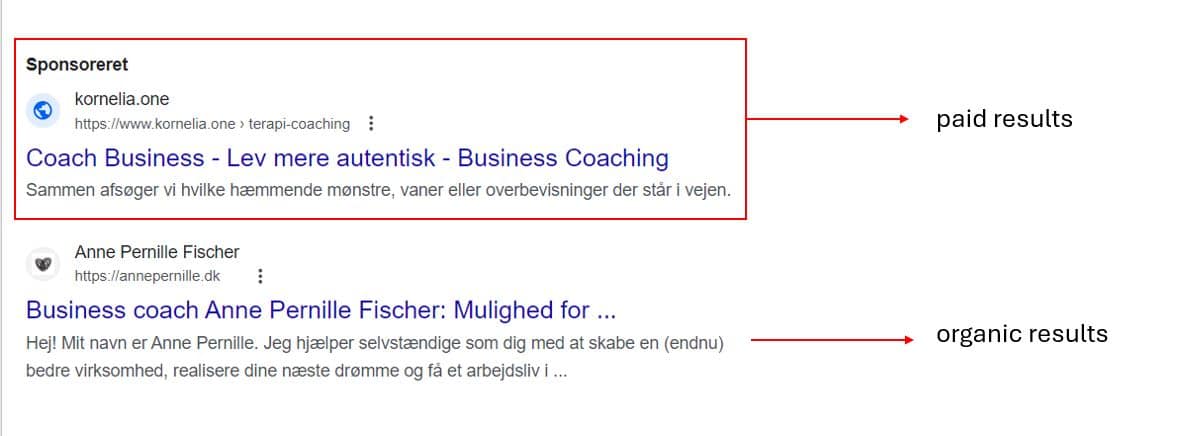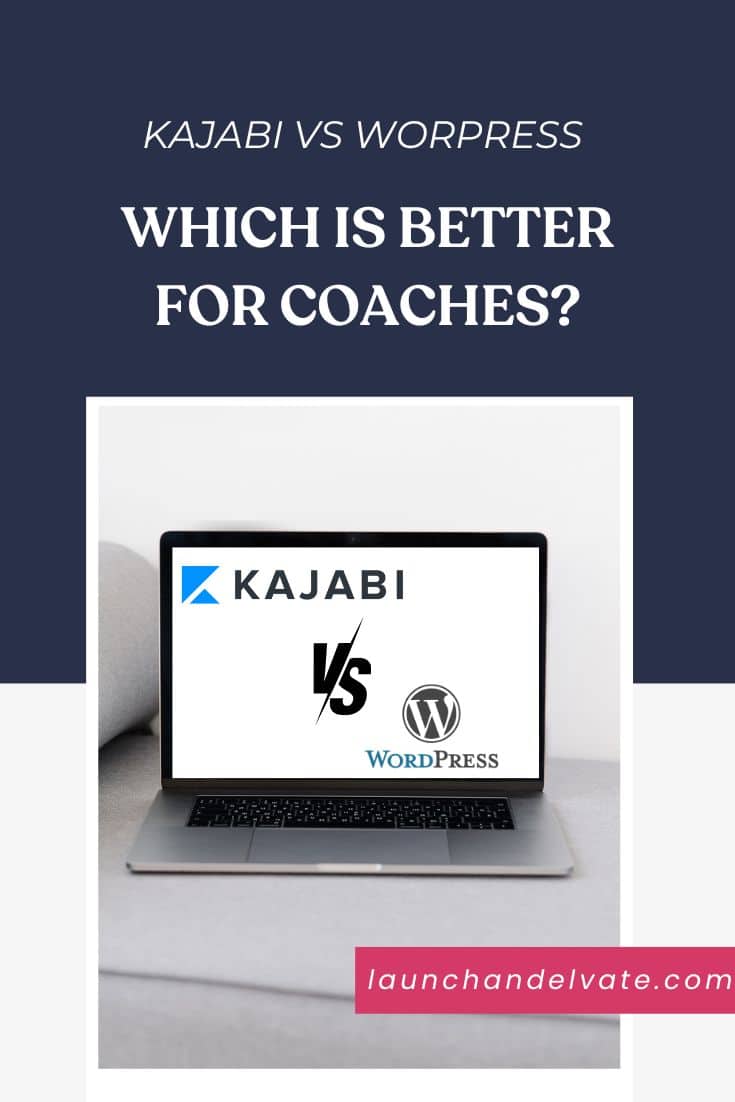You’ve poured your heart and soul into developing your coaching business, crafting programs and sessions designed to transform lives. You’ve seen firsthand the breakthroughs and ah-ha moments your clients have experienced. The problem? If only more people knew about your services, you could impact even more lives.
I’ve been there…
This realization hit me a few years ago, not in the coaching field, but through my personal journey with a travel blog I launched back in 2017. I followed the playbook to a tee – a self-hosted WordPress site, as recommended by every digital nomad and their dog.
I wrote passionately, pouring my adventures and insights into each post. Yet, weeks turned into months, and my audience remained a ghost town save for a few tumbleweeds passing through.
Writing for the sheer joy of it was fulfilling, but a voice inside me whispered, “What if more people could benefit from your experiences?” That’s when the lightbulb went off: SEO was the missing link to connecting my content with those searching for it.
Why should you care about showing up on Google?
Organic traffic is the most sustainable way to get consistent leads to your website. With over 8.5 billion searches happening daily, there’s a high chance someone is looking for your content, services, or products right now.
With social media, your offerings might get lost in the noise but Google connects people to your website exactly when they’re searching for what you offer. The moment you stop being active with your social media accounts, your engagement drops. And how many times did you hear about horror stories of social media accounts being hacked or deleted?
Paid ads, on the other hand, are one of the most expensive mediums to get leads and the click-through-rate is only 2% as opposed to the first organic result getting as much as 40%.
So what exactly is Search Engine Optimization (SEO)?
A common myth is that SEO is a “set it and forget it” part of your website – a one-time task that, once completed, requires no further attention.
In reality, SEO is an ongoing process of enhancing your website’s visibility in search engines. It involves continuous optimization, including keyword research, content creation, site speed improvements, and building quality backlinks from reputable sources. This dynamic approach ensures your site remains competitive in search rankings, adapts to algorithm updates, and meets the evolving needs of your audience.
How do search engines work?
Search engines use unique bots, often called crawlers or spiders, to navigate the web and find new content. These bots follow links from one site to another, mapping the internet to discover fresh pages. Unlike the early internet days when site submission was required, now these bots automatically locate your content. However, using tools like Google Search Control can speed-up your site’s discoverability. When a bot finds your site, it analyzes the content to understand its relevance and categorizes it within a vast index, ensuring users get accurate search results.
This process is governed by a complex algorithm considering over 200 factors to rank and display search results. In the past, search engines uld only look at the content on your page, identify “keywords”.
Search engines have grown a lot smarter today. Their goal is to find the perfect result for a search and they take into consideration factors such as the freshness of content, user engagement, page load speed, accessibility and mobile responsiveness, among others.
How do you rank on the first page?
Algorithms are the brain behind the curtain, working tirelessly to match queries with the most relevant content. Whether it’s Google, Bing, or another search engine, their main goal is clear: deliver the right information, right when the user needs it.
Each time you search on Google, you get a list of organic results as well as paid results.

In the example above, you can observe how paid ads are labeled with “sponsored.” Following these, there’s a sequence of organic results that have earned their rankings through the quality of their content. As shown in the screenshot, Google also tends to favor Danish websites, given my location in Denmark. This shows the variation in search results between different regions, such as the differences between what someone in the US and I would see.
The more searches performed on a search engine, the more advertisers will be drawn to purchase ad space. If Google, for example, only showed ads instead of organic results, users would get frustrated with the results they get and go elsewhere.
Personally, every time I search, I usually scroll down to the first “organic” result. Perhaps, it’s also the fatigue from seeing the big guys constantly shopping in irrelevant terms.
Keeping up with algorithm changes
Algorithms are always on the quest for quality which means that search engines are constantly updating their algorithms to ensure users keep coming back for more. In a single year, over 500 updates will have been made to the algorithms. And with algorithms evolving daily, what worked yesterday might not work tomorrow.
Google announces a small percentage of updates they make and usually they tend to be very vague about what exactly is being updated and when so you need to remain vigilant of changes to search engine results.
MozCast: Your SEO weather forecast
Moz has created called MozCast that provides a report showing turbulence in the algorithm over a period of time based on a daily experiment of 10,000 keywords. Think of those super hot days as a sign that Google’s been stirring things up a bit more than usual. When the “temperature” spikes, it means a lot of sites are moving up or down in the rankings – kind of like a big shuffle. This could be a clue that Google’s tweaked its algorithms again.
Don’t let SEO overwhelm you…
You might have come across a lot of SEO terms: algorithms, crawlers, backlinks, SERP rankings, meta tags, and keyword density. Despite all the changes and updates in SEO, one thing remains important: QUALITY CONTENT.
Afterall, Google is in the pursuit of matching good content with user intent.
How your website works for user experience is really important. This includes things like:
- How fast does your website load?
- Is your website accessible for all users? (this is also a matter of compliance, but your intention is to have a website that is inclusive which counts as a factor for good user experience)
- Is your website responsive? Does it work well for mobile devices?
I’ll share more about SEO in my upcoming posts. Stay tuned for more practical tips and advice.



